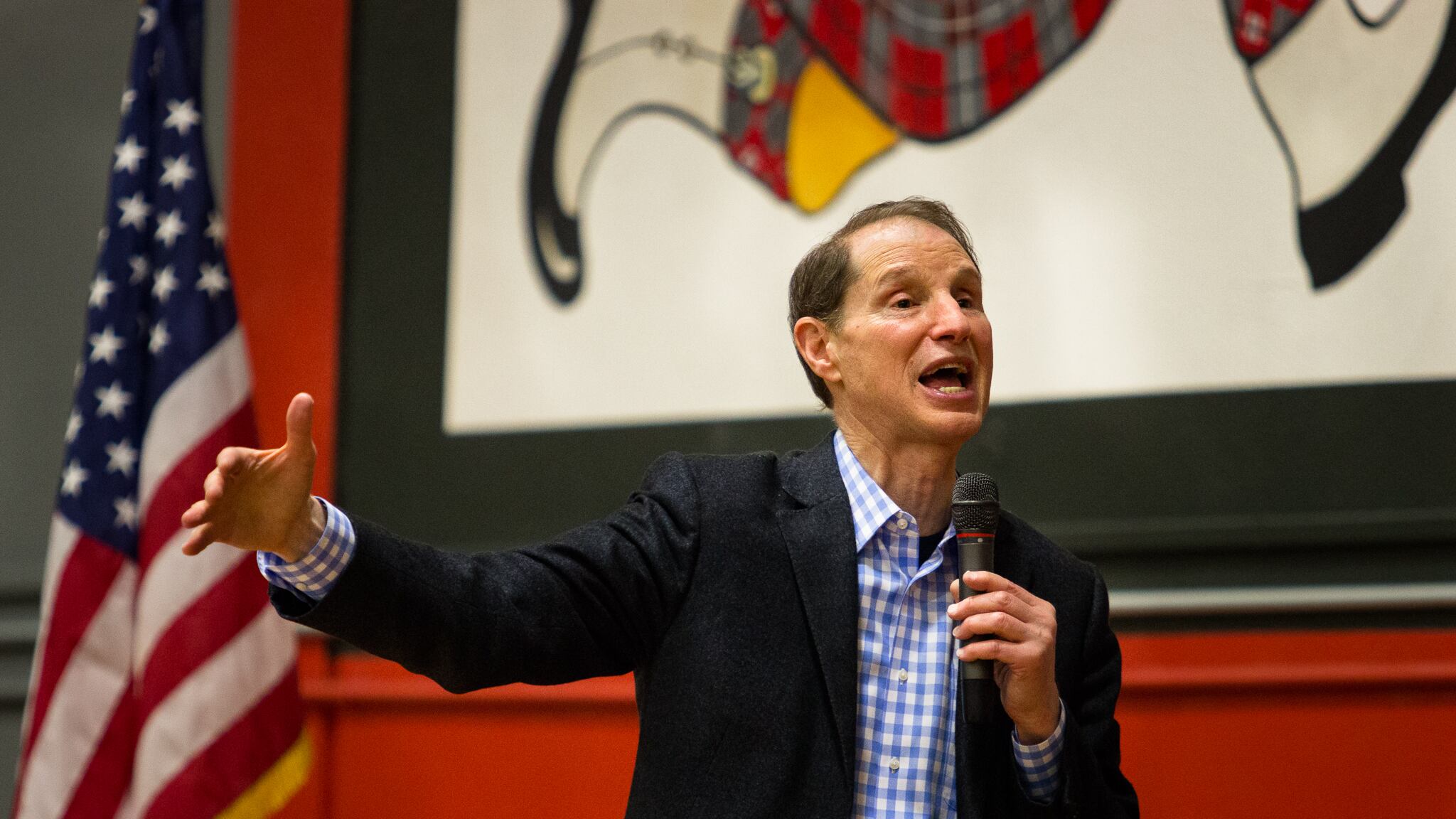On the same day federal prosecutors indicted a Russian woman for her involvement in the 2016 elections, federal Treasury Secretary Steve Mnuchin announced his agency will loosen the already lax rules governing so-called "dark money" organizations.
Those organizations, often organized as 501(c)4 non-profits, currently must disclose their donors to the Internal Revenue Service, although not to the public.
But on Monday, as Reuters reported, Mnuchin announced 501(c)4s would not longer be required to disclose the details of their donations to the Internal Revenue Service. (There are a few key differences between 501(c)3s, which are ordinary non-profits, and 501(c)4s: contributions to the latter are not tax deductible but they can engage in far more political activity than 501(c)3s.)
"Americans shouldn't be required to send the IRS information that it doesn't need to effectively enforce our tax laws, and the IRS simply does not need tax returns with donor names and addresses to do its job in this area," Mnuchin said in a statement.
Dark money organizations are increasingly active in local and national politics, using money from billionaires such as the Koch brothers on the right and George Soros on the left in big-dollar campaigns to communicate messages to voters without disclosing who is paying.
U.S. Sen. Ron Wyden (D-Ore.), who as ranking member of the Senate Finance Committee has oversight of Mnuchin's agency, blasted the move.
"Trump's Treasury Department made it easier for anonymous foreign donors to funnel dark money into nonprofits the same day a Russian national linked to the NRA was arrested for attempting to influence our elections," Wyden said in a statement. "It's the latest attempt by Secretary Mnuchin and Donald Trump to eliminate transparency and keep officials and lawmakers from following the money."
